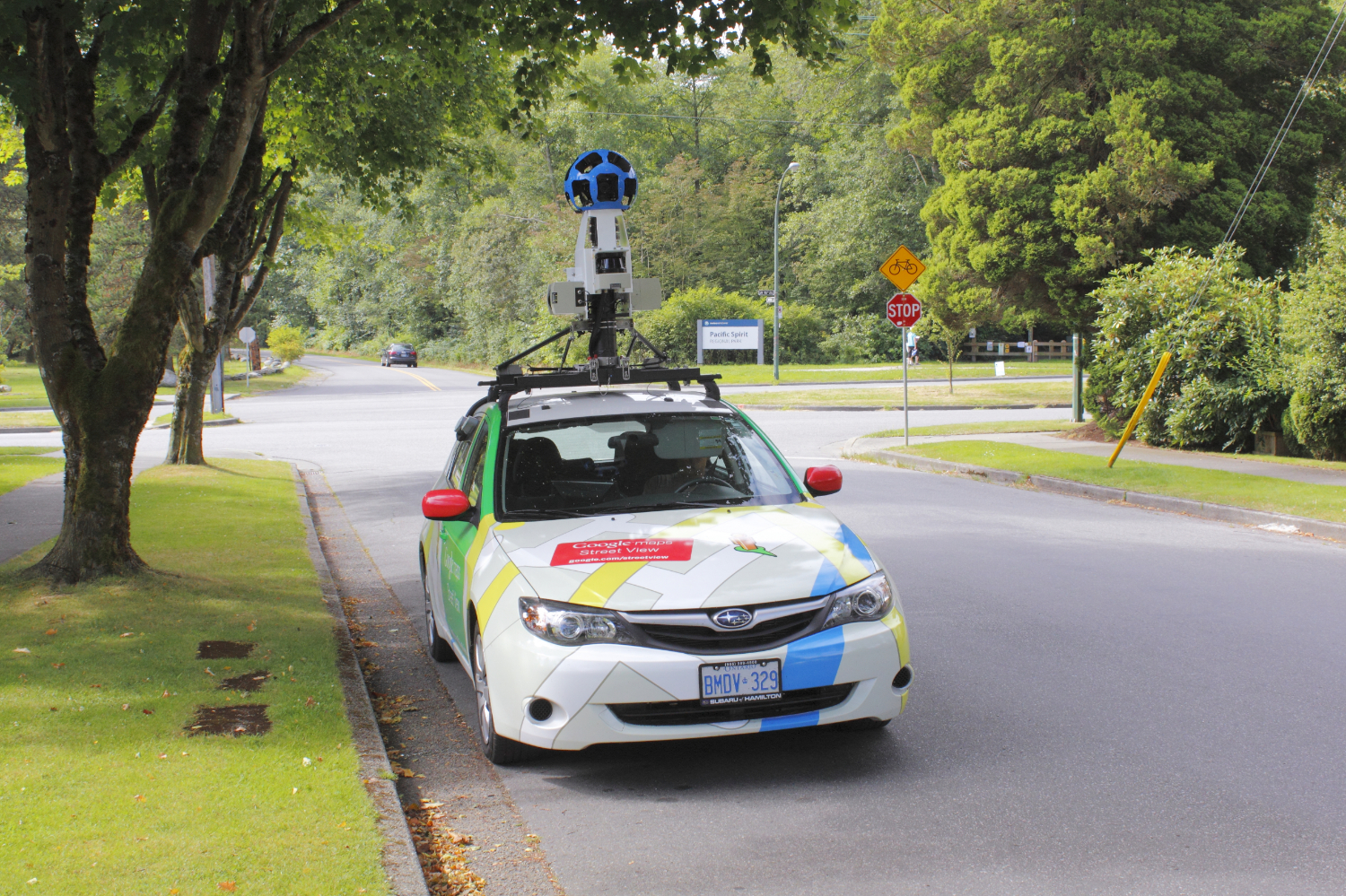Google Escapes Its Biggest Privacy Scandal Virtually Unscathed
At the same time Facebook is rumored to have settled with the Federal Trade Commission for $5 billion, Bloomberg reported Sunday that Google is poised to get away with a small loss in comparison, $13 million, for what was once called the biggest U.S. wiretap in history. However, a San Francisco judge still needs to agree to the settlement.
Google’s Settlement
The settlement is expected to to be shared among the 20 plaintiffs that accused Google of spying on their data. What’s left of the $13 million after the administrative costs are paid and lawyers get their 25% commission will be split between the plaintiffs and some consumer privacy groups, according to a court filing.
No one else who may have had their data stolen by Google will receive any money. According to the class-action lawyers, it would be too difficult to prove what data was stolen and when, after so many years.
Google will also commit to deleting any data it may have remaining from what it collected with its Street View cars. It also promised to do more to teach users about privacy online.
Google’s Street View Car Wi-Fi Scandal
In 2010, Google was accused of using its Street View cars to collecting unencrypted Wi-Fi data from domestic homes. That data could have included personal web activity, as well as email addresses, passwords, medical records, phone numbers and other sensitive information.
Google at the time said that the data was collected accidentally when it was trying to collect Wi-Fi names and MAC addresses. Wi-Fi names and MAC address are typically collected for tracking users in order to serve them more targeted advertising. Google claimed that it didn’t use any of the data for business purposes.
A document revealed by the FCC in 2012 showed that Google did intend to collect payload data transmitted by open Wi-Fi networks and that Google engineers transferred 200GB of data back to a Google data storage facility. The chances that the engineers wouldn’t have noticed that the “Wi-Fi names and MAC addresses” they intended to collect amounted to 200GB of data is quite low.
Get Tom's Hardware's best news and in-depth reviews, straight to your inbox.
The U.S. Court of Appeals in San Francisco said in 2013 that Google’s argument that the open Wi-Fi networks were more like AM/FM radio wasn’t valid and Google violated federal wiretap laws. If Google had went to trial and lost, it would have had to pay $10,000 for each violation, which could have easily added up to billions of dollars.
New Antitrust Case Against Google
Around the same time it was facing the Wi-Fi scandal, Google was also being investigated by the FTC over antitrust issues. However, despite the recommendation of FTC staff members for antitrust action against the company, the FTC Chairman at the time, Jon Leibowitz, determined Google hadn’t changed its search results to hurt competition, and, therefore, was not guilty of antitrust or anti-competitive behavior. The European Union’s own investigation found the opposite to be true a few short years later, in not one but three different investigations.
But Google is once again being investigated over antitrust issues in the U.S., not by the FCC this time, but the U.S. Justice Department. Meanwhile, the likes of President Trump and Elizabeth Warren, a leading Democratic presidential candidate, seem keen to investigate or even break up the company over various antitrust accusations.
Lucian Armasu is a Contributing Writer for Tom's Hardware US. He covers software news and the issues surrounding privacy and security.
-
DookieDraws I always feel like somebodys watching meeeeeeeeeeeeeeeeeeee! And I have no privacy!Reply
Y9mRl9tW3kE -
ingtar33 Reply
yeah, the dropped that motto in 2017King_V said:I remember when their motto used to be: "Don't be evil"
Ah, nostalgia. -
cryoburner ReplyNo one else who may have had their data stolen by Google will receive any money. According to the class-action lawyers, it would be too difficult to prove what data was stolen and when, after so many years.
Some random lawyers get paid. That's all that matters. : D -
bloodroses $13 million? Bah, that's a drop in the bucket/slap on the wrist and Google will more than likely make more money with that data gathered than what they're sued for. It's like when they sue the casinos up around me for not paying out enough. They make more money than what the fines are.Reply -
alextheblue ReplyGoogle at the time said that the data was collected accidentally when it was trying to collect Wi-Fi names and MAC addresses. Wi-Fi names and MAC address are typically collected for tracking users in order to serve them more targeted advertising. Google claimed that it didn’t use any of the data for business purposes.
So they claim they only intended to collect network names and MAC addresses, for the purposes of their business (advertising). But not for business purposes.
I am impressed anyone thought that made sense. Equally impressed they want us to believe they ACCIDENTALLY collected a crapload of other data. Google constantly does crap like this and then says "oops it was a mistake lulz" and then they reimplement it in a couple years when everyone has forgotten. "We deleted some "private" Docs we scanned that had wrongthink in them, oops it was a mistake." Waiting for that one to come back.
